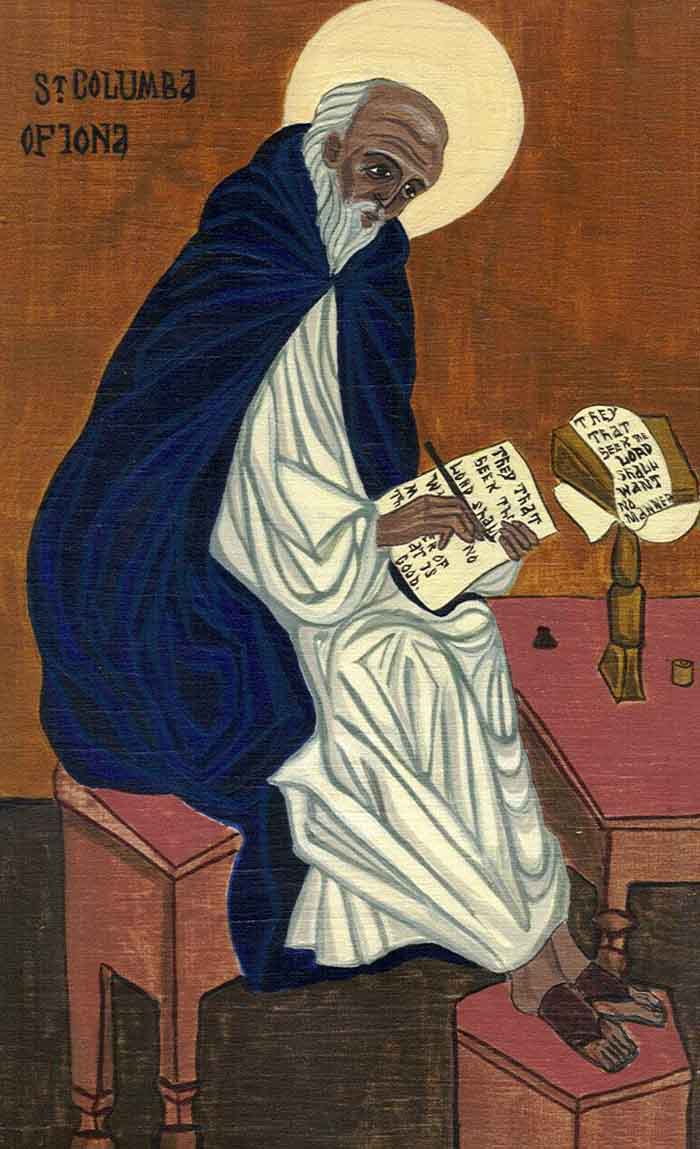+
The Book
of Common Prayer
for use in
The Church in Wales
1984
TREFN GWASANAETH
Y CYMUN BENDIGAID
A ELWIR HEFYD YR OFFEREN
Diolchwch i'r Arglwydd, oblegid graslon yw ef;
Oherwydd ei drugaredd sy'n dragywydd.
O give thanks unto the Lord, for he is gracious;
For his mercy endureth for ever.
Almighty and everlasting God, we thank thee for the spiritual food of the Body and Blood of thy Son, our Saviour Jesus Christ, which thou hast given us in these holy mysteries, assuring us thereby of thy favour and goodness towards us who are members of the mystical body of thy Son, and heirs through hope of thy eternal kingdom:
Wherefore, we offer and present unto thee, O Lord,
ourselves, our souls and bodies,
to be a reasonable, holy, and living sacrifice unto thee,
beseeching thee
to keep us, by thy grace, in this holy fellowship
and to enable us to to do all those good works
which thou hast prepared for us to walk in;
through Jesus Christ our Lord,
to whom with thee and the Holy Spirit
be all honour and glory,
world without end. Amen.
In the liturgical excerpt above, I begin with the versicle and response that begins the Post-communion rite in the Welsh 1984 Book of Common Prayer. This element was borrowed from a Liturgy of the Scottish Episcopal Church. First printed above in Welsh, it is followed in English translation
No rubrics are printed to indicate who says what. Ordinary typeface in that prayer book indicates the part to be said by the Celebrant. The boldface is for all of the assembled congregation.
The second element in English is a refinement of part of that prayer most Anglicans would recognise as the traditional post-communion prayer of the various versions of the The Book of Common Prayer. This element is spoken by the priest who is Celebrant of the Eucharist.
The third element i.e., ourselves, our souls and bodies. is found in one of the optional post-communion prayers of the 1662 Book of Common Prayer, the Canon of the Scottish Episcopal Liturgy (1929), the Eucharistic Prayer of The Book of Common Prayer 1928 (USA), and the rejected Book of Common Prayer 1928 of the Church of England. The remaining part (beseeching theee to keep us, by thy grace...) comes from the Post-communion prayer mentioned in the second element above.
+
















